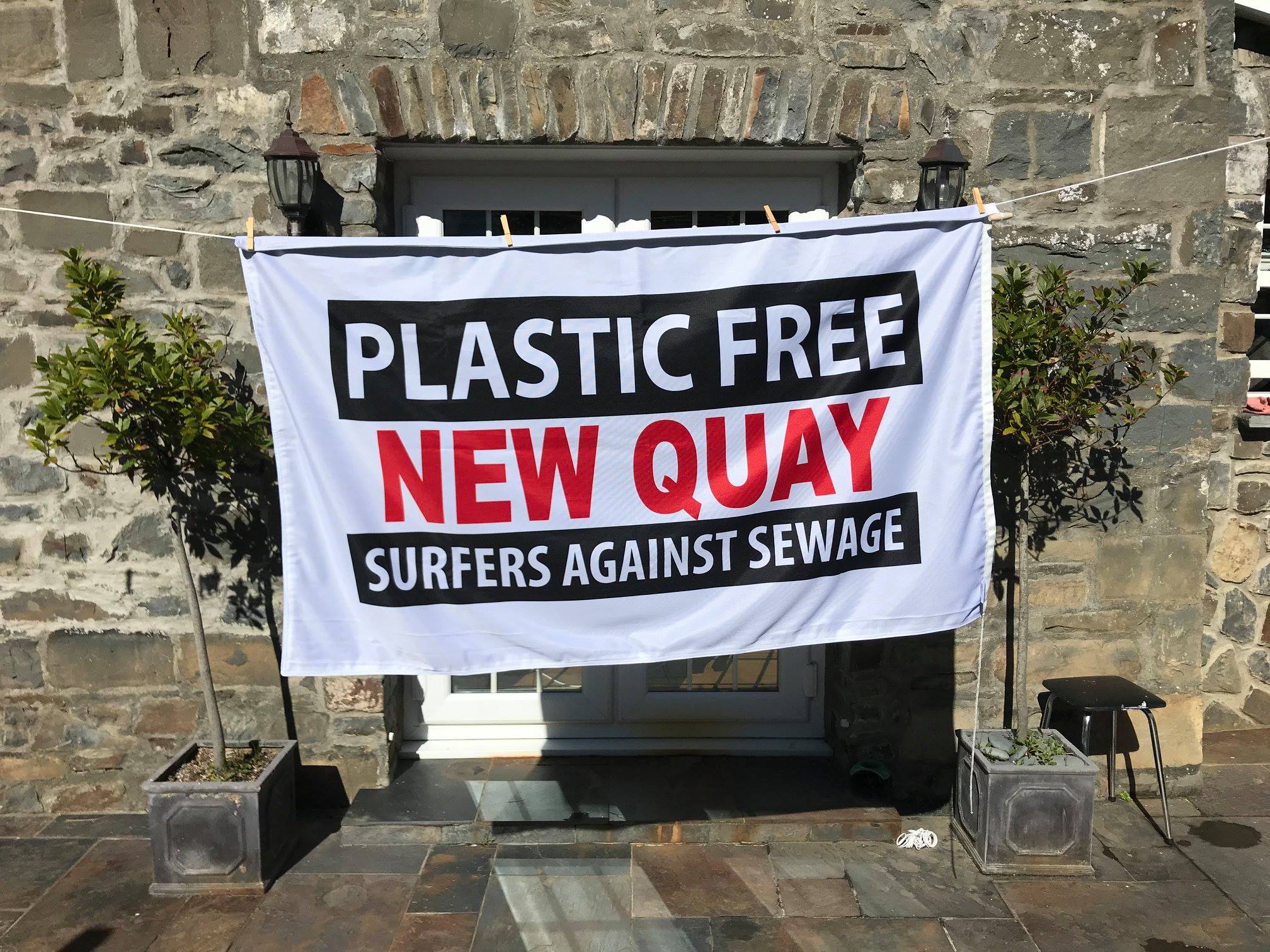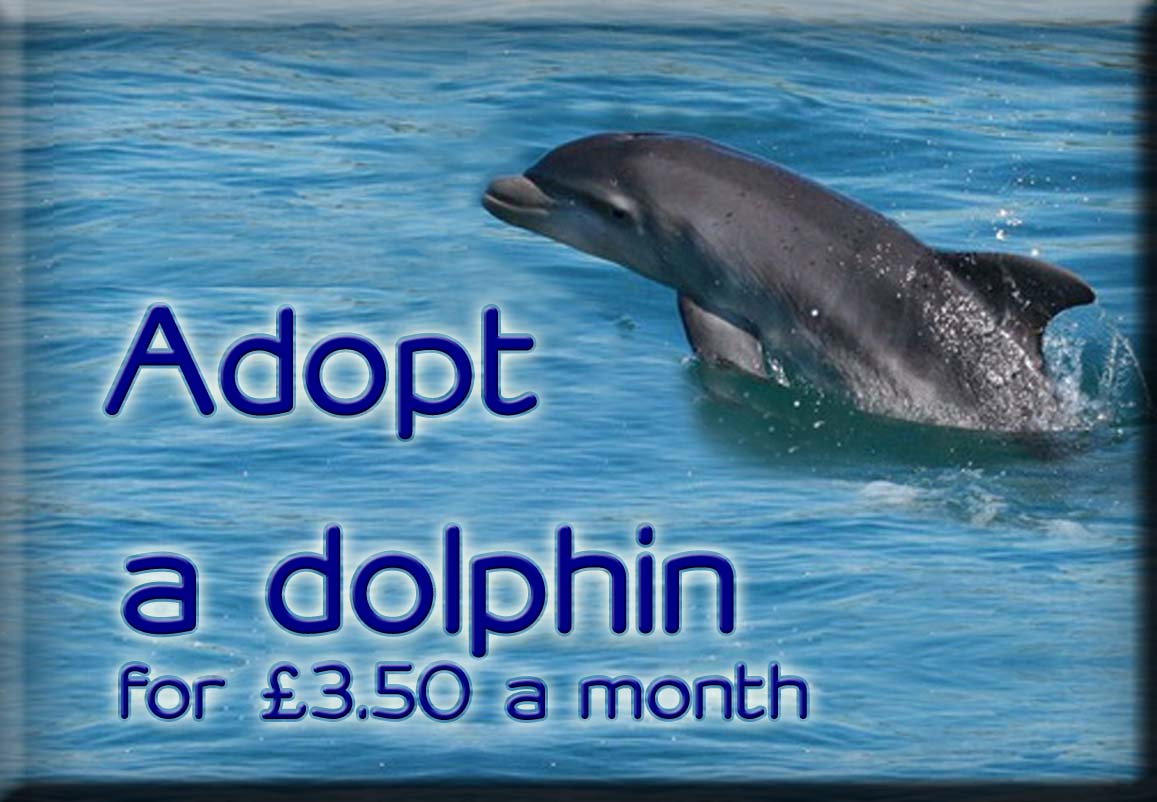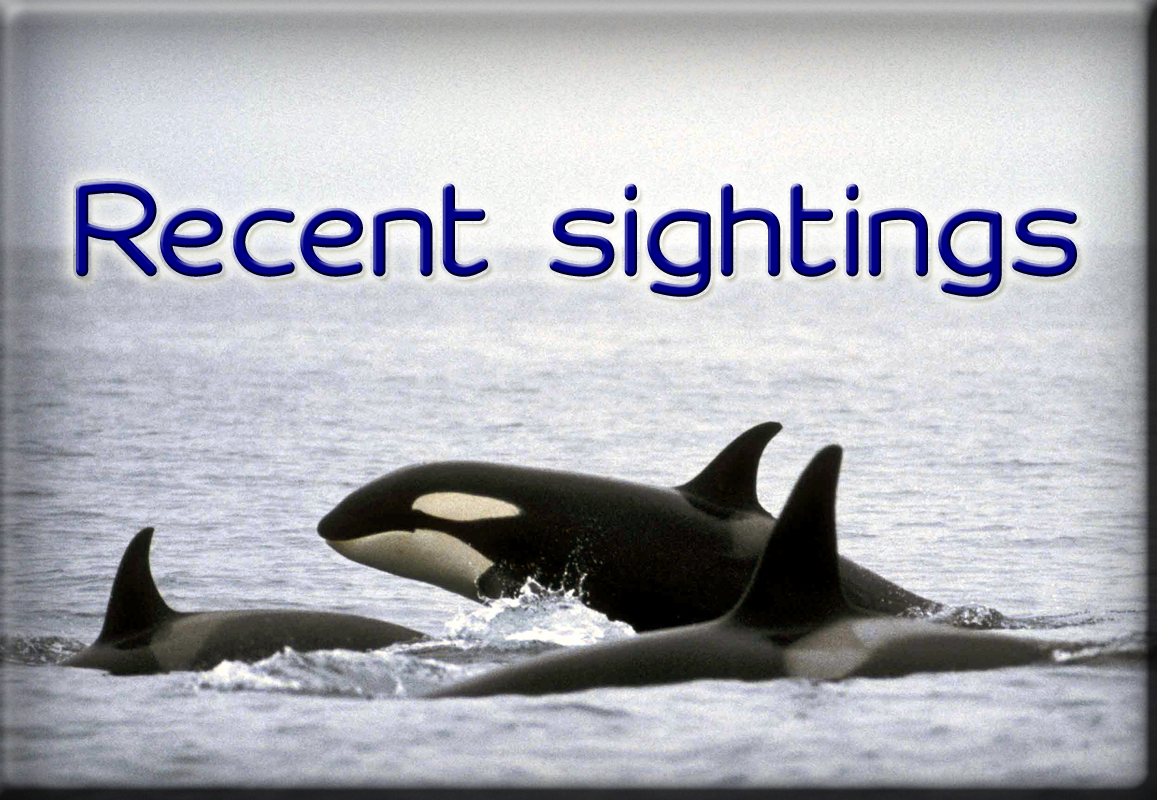Celebrating World Environment day our education and outreach assistant Lauren spoke to some of our local environmentalists. Charles the founder of Wildcove and head of Plastic Free New Quay, and Ken and Marilyn, who you might have read about in our previous blogs Trash to Treasure, and Welcome to the Dolphin Gallery.
1. What inspired you to be concerned about the environment?
K/M: First and foremost our love of wildlife, nature and the beauty of our planet, which we realise is being adversely affected by the actions of humans.
C: WILDCOVE is a business with a conscience, supporting projects that target pressing environmental issues, including the elimination of marine litter and single use plastics, through raising awareness campaigns and effective hands on action in the community.
Using storytelling and social media to educate, inspire and empower communities to become agents of change, WILDCOVE aims to motivate people to actively engage in removing marine litter from our coastlines and find alternatives to the single use plastics that are threatening our oceans.
We all have a WILDCOVE. This is ours.
WILDCOVE was founded in 2016 when my partner, Justyna, and I were out enjoying evening walks and sunset picnics on the harbour wall in New Quay. We would sit, glass of wine in hand, looking out over Dolau beach, taking in the breath-taking views of Snowdonia in the distance, with the dolphins and seals performing right in front of us. This was our special place. This was our Wild Cove.
We couldn’t help but notice the sheer volume of tourist related litter that was generated by the thousands of visitors each day with much of it ending up on the beaches and in between the boulders that form the village’s breakwaters. We also noticed the sheer volume of marine litter and plastics washing up along the coastline posing a significant risk to the Wildlife. We’d abandon our picnics and spend the rest of the evening collecting fish and chip wrappers, polystyrene trays and plastic forks and walking up and down the beach picking up anything that had washed in with the tide.
We decided that something needed to be done in order to help protect fragile ecosystems like these from the effects of human activity, marine litter and single use plastics. Wildcove was born.
WILDCOVE is an Environmental Conservation focused business based in New Quay, Cardigan Bay, on the west coast of Wales. Proceeds from our WILDCOVE store help us to support projects that tackle marine litter and single-use plastics.
2. Why do you think it’s important to inform others about the problem?
C: The more people are informed about the issues, the more support we can get for positive initiatives and the more lobbying we can carry out of the policy makers to make change happen faster.
3. What do you wish you could tell other people about plastic pollution?
C: Open their eyes to Microplastics in our food chain and habitat destruction.
K/M: The damaging effects are real. Plastic pollution is everywhere on the land, in the rivers and in the oceans. It is not only the large pieces we can see, but man-made plastic does not biodegrade. It breaks up into ever smaller pieces until it is no longer visible. If you knew there was a way to counteract a dangerous virus, would you not make sure you did whatever is needed? Plastic pollution is like an insidious virus but there is a cure: to stop using plastic as much as possible.
4. Why should people be concerned about plastic pollution?
C: Because it’s real and it’s having a huge impact. We’ve slept walked into this crisis because we didn’t open our eyes to it for 20 years+.
K/M: We have reached the point now where so-called micro-plastics are entering not only the food chain of other species but of human beings as well. Why would anyone want to eat food that is polluted?
5. In your opinion what is the worst effect of plastic pollution?
C: It is all engulfing – plastic pollution is found in every country, even the most remote parts of the globe – in every possible location – affecting every creature on the planet. Plastic pollution not only endangers wildlife but it pollutes our food chain. Habitat loss, endangering species and polluting the human food chain.
K: Everything on the Planet is being choked by plastic pollution.
M: The loss of pristine areas of natural beauty and the knock-on effect this has on wildlife.
6. What do you think it will take for people to realise plastic is a problem?
C: Blue Planet 2 was the single most effective thing in convincing the public that plastic pollution is a big issue. Participation levels in beach cleans went through the roof off the back of it airing and interest in things like Surfers Against Sewage’s Plastic Free Coastlines / Communities Campaign and #2MinuteBeachClean’s rocketed!
K/M: Unfortunately, probably only when the first human being’s death is directly linked to intake of plastic. Even then people may think it will never happen to them. People, even children, must be shocked. Perhaps, at thisstage we can only appeal to their love of other species which have already been directly affected such as by showing pictures e.g. on Blue Planet II of a whale with plastic in its mouth or a turtle ingesting a plastic bag.
7. Which clean-up efforts do you think are the most effective?
C: Community organised events and concerned individuals deciding to make a change in their own homes.
K/M: We think all clean-up efforts are beneficial because they make people aware of the problem but starting from the individual, “demand and supply” clean-up efforts may be the most effective. Once aware, individuals can change their buying habits and talk to others about what they have done. This can lead to others in a community demanding that products are packaged differently at local level and teachers making children aware. Children then influence their parents and so it grows.
8. Do you have some hopes or goals for the future?
C: I think we can make a difference. The will of the public is there. We just need the policy makers to catch up. A 25 year environmental strategy is not going to fix the problem that we needed sorting yesterday. A speeding up of the process is needed. Redesigning of plastic is also needed so the things we continue to make today aren’t going to cause as much harm in the future. 100% recycling of all materials is needed as soon as possible and a complete ban on disposable single-use items. I want to be able to carry out a normal weekly shop at any of the UK’s supermarkets without having to take home a piece of single-use plastic and without paying any extra or being inconvenienced in any way.
K/M: We hope to see plastic and pollution free areas spread around the globe with people consuming less and reusing what they can to help protect the environment.
9. What are some alternatives people can use other than single use plastic?
C: Just think reusable. So much waste can be avoided if we get out of the single-use mentality.
K/M: Fully recyclable glass bottles for all beverages including milk, juice and fizzy drinks;
Refillable sports/ water bottles;
Paper or reusable metal straws; wooden or reusable metal cutlery;
Fully biodegradable or reusable coffee and tea cups;
Buy loose fruit and vegetables instead of pre-packed;
Loose tea leaves or biodegradable tea bags;
Ask meat and cheese to be wrapped in brown paper as it used to be;
Powder or crystalline cleaning products packed in cardboard boxes;
Make-up in 100% recyclable pots or glass jars.
The list is very long!
10. How can people help locally to make their area plastic free?
K/M: Firstly, pick up every bit of plastic they can wherever they go and ask local councils how it is disposed of, preferably not in landfill. Secondly, return empty single-use plastic containers to local sellers of single-use plastic products whenever possible either before walking out of the shop or as soon as they can. Thirdly, if people refuse to buy plastic products in local shops, shopkeepers will demand alternatives from suppliers, suppliers from manufacturers and soon manufacturers will stop producing unnecessary plastic.


























